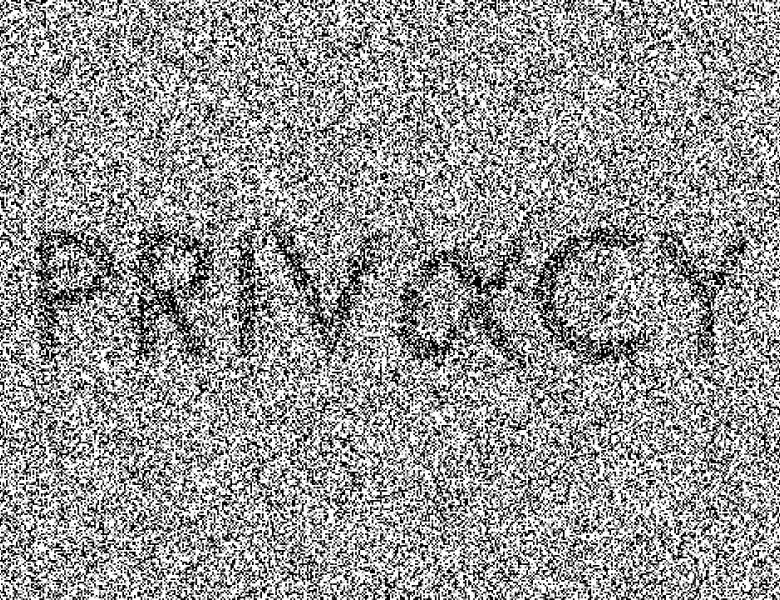
Abstract
With the deployment of large sensor-actuator networks, Cyber-Physical Systems (CPSs), such as smart buildings, smart grids, and transportation systems, are producing massive amounts of data often in real-time. These data are being used collectively to inform decision-making of the entities that engage with the CPSs. However, the collection and analysis of the data present a privacy risk that needs to be addressed. Moreover, the impact of these systems on people's lives requires us to be particularly mindful of the privacy-utility tradeoff when designing privacy mechanisms.
In this talk, I will share two perspectives on mitigating the privacy issues in CPSs. In the first part of the talk, I will discuss how to fairly compensate people for using their private data. I will formalize the notion of the "data value" and present various efficient algorithms to compute it. In the second part of the talk, I will discuss how to accommodate the high demand for data utility through the design of more sophisticated privacy mechanisms. To that end, I will discuss an approach to modeling privacy loss and utility of sensor data collected from CPSs. I will also illustrate the approach via an example of privacy enhancement in smart buildings.


